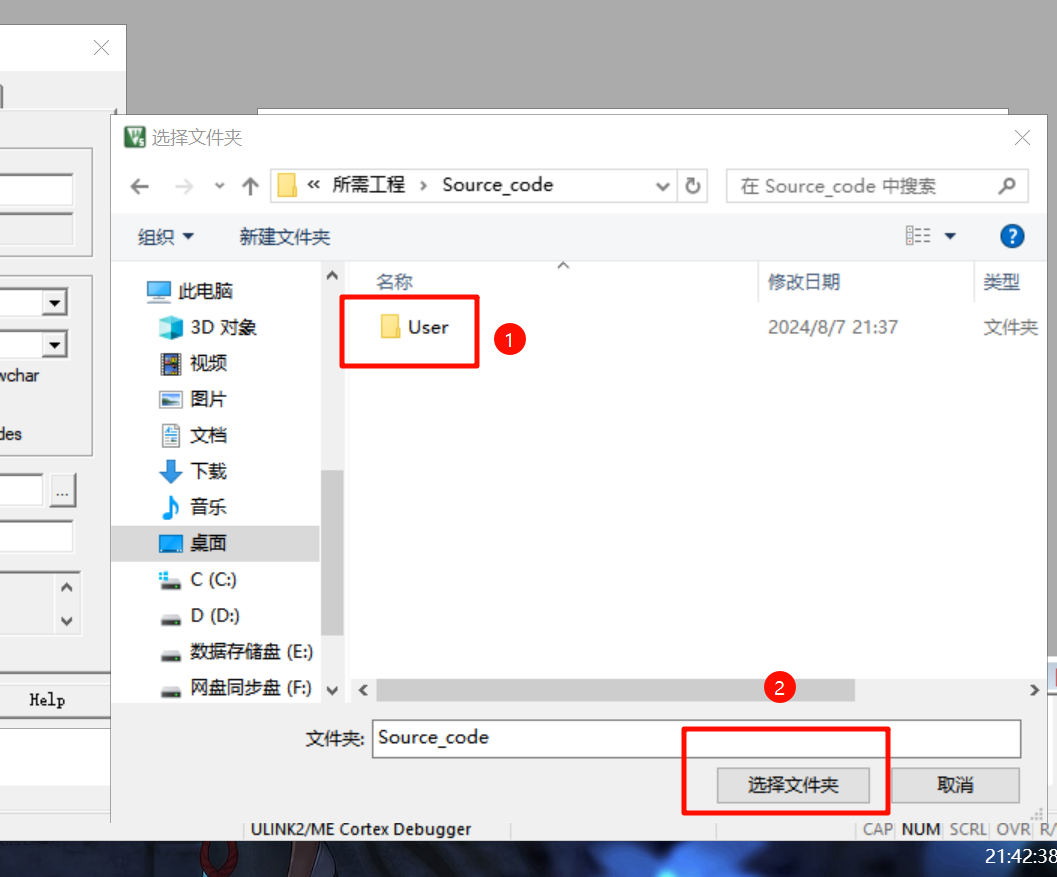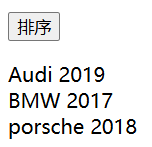Problem: 224. 基本计算器
👨🏫 参考题解

Code
class Solution {
public int calculate(String s) {
// 存放所有的数字,用于计算
LinkedList<Integer> nums = new LinkedList<>();
// 为了防止第一个数为负数,先往 nums 中加个 0
nums.add(0);
// 去掉表达式中的所有空格
s = s.replaceAll(" ", "");
// 存放所有的操作符,包括 +、-、(、)
LinkedList<Character> ops = new LinkedList<>();
int n = s.length(); // 获取表达式的长度
char[] cs = s.toCharArray(); // 将字符串转换为字符数组,方便逐字符处理
// 遍历整个表达式
for (int i = 0; i < n; i++) {
char c = cs[i];
if (c == '(') {
// 如果当前字符是左括号 '(',则将其压入 ops 栈中
ops.add(c);
} else if (c == ')') {
// 如果当前字符是右括号 ')',则进行计算直到遇到左括号 '(' 为止
while (!ops.isEmpty()) {
char op = ops.peekLast();
if (op != '(') {
// 计算当前的操作符
cal(nums, ops);
} else {
// 遇到左括号 '(',弹出并结束循环
ops.pollLast();
break;
}
}
} else {
if (isNum(c)) {
// 如果当前字符是数字,则需要将整组连续的数字取出来
int u = 0;
int j = i;
// 将从 i 位置开始后面的连续数字整体取出,加入 nums 中
while (j < n && isNum(cs[j])) {
u = u * 10 + (int) (cs[j++] - '0');
}
nums.addLast(u);
// 更新 i 到数字串的最后一位
i = j - 1;
} else {
// 如果是运算符,首先处理一元运算符的情况,例如 -(2+3)
if (i > 0 && (cs[i - 1] == '(' || cs[i - 1] == '+' || cs[i - 1] == '-')) {
// 如果当前字符前是左括号 '(' 或 '+' 或 '-',则认为是一个一元操作符,将 0 压入 nums
nums.addLast(0);
}
// 在添加新操作符之前,先计算掉 ops 栈中所有的前导操作符(按照顺序)
while (!ops.isEmpty() && ops.peekLast() != '(') {
cal(nums, ops);
}
// 将当前操作符加入 ops 栈
ops.addLast(c);
}
}
}
// 如果表达式遍历完毕,仍有操作符残留在 ops 栈中,继续进行计算
while (!ops.isEmpty()) {
cal(nums, ops);
}
// 最终结果是 nums 栈的最后一个值
return nums.peekLast();
}
// 计算 nums 栈顶的两个数,并根据 ops 栈顶的操作符进行加减运算
private void cal(LinkedList<Integer> nums, LinkedList<Character> ops) {
if (nums.isEmpty() || nums.size() < 2) return;
if (ops.isEmpty()) return;
// 取出 nums 栈顶的两个数
int b = nums.pollLast();
int a = nums.pollLast();
// 取出 ops 栈顶的操作符
char op = ops.pollLast();
// 根据操作符进行相应的计算
nums.addLast(op == '+' ? a + b : a - b);
}
// 判断字符是否为数字
boolean isNum(char c) {
return Character.isDigit(c);
}
}




















